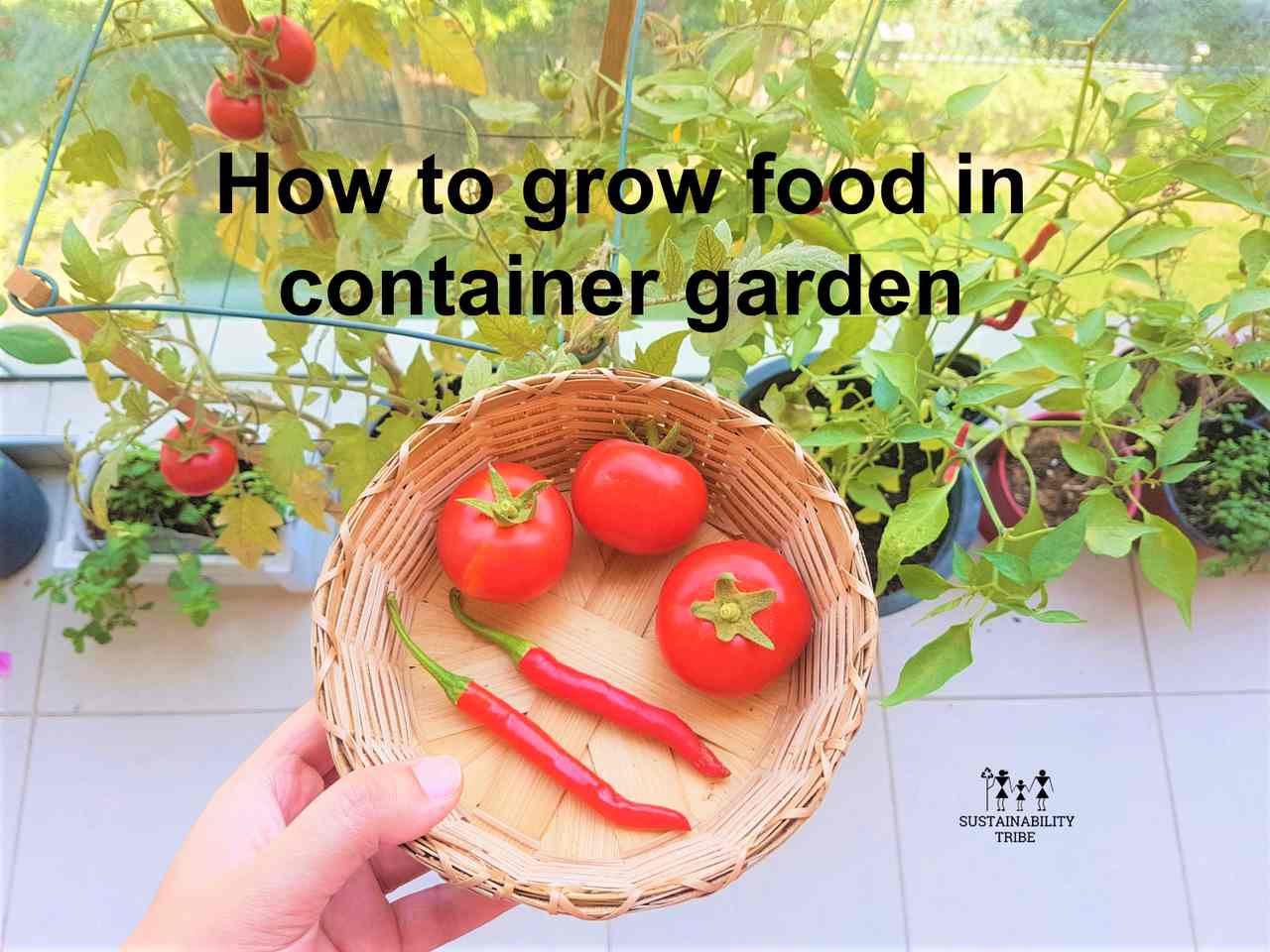Keeping a container garden moist can be a challenge, especially if you’re new to container gardening. Unlike traditional, in-ground plants, container plants have unique moisture requirements. Container gardens dry out faster, demand careful watering, and benefit from a few specific strategies to keep them healthy. Here, we’ll cover the basics of why moisture management is so critical for container plants, what factors affect moisture retention, and how you can make your container garden thrive by ensuring it stays moist without becoming waterlogged.
What Makes Container Gardens Different?
Container gardening has grown popular among people with limited space, allowing for beautiful, flexible setups on patios, balconies, and small yards. However, growing plants in containers comes with its own challenges. Here’s why moisture can be hard to maintain in a container setup:
- Limited Soil Volume: Unlike plants in the ground, container plants rely on a fixed amount of soil. This limited soil volume means water quickly evaporates or drains, causing rapid moisture loss.
- More Exposure to Elements: Containers are often placed in exposed areas. Sunlight, wind, and temperature fluctuations directly impact the moisture level in container soil. In hot or windy conditions, containers dry out even faster.
- Drainage: Most containers have drainage holes to prevent waterlogging, which can lead to root rot. However, this drainage also means that water can quickly leave the container, leaving soil dry if not carefully managed.
Why Is Consistent Moisture Important for Container Plants?
Moisture consistency is key in container gardens because fluctuations can stress plants, leading to poor growth and health issues. Let’s look at some of the effects of inconsistent watering:
- Wilting and Root Damage: When soil alternates between being very dry and overly wet, plants can suffer. Roots may wilt and become damaged, affecting the plant’s ability to take in nutrients and water.
- Stunted Growth: Irregular watering prevents plants from developing strong roots, which impacts overall growth and health. Plants in constantly moist, but not waterlogged, soil are likely to have better, fuller growth.
- Increased Susceptibility to Pests and Disease: Plants under moisture stress are more prone to pest infestations and diseases. Consistently moist soil supports healthier, more resilient plants that can resist common issues.
Factors That Affect Moisture Retention in Containers
Several factors determine how well your container garden retains moisture, and knowing them can help you make adjustments for better moisture management:
- Container Size and Type:
- Larger containers hold more soil, which retains water longer than smaller containers.
- Different materials (plastic, clay, ceramic, fabric) impact water retention; for example, clay pots allow water to evaporate faster than plastic or glazed ceramic.
- Soil Composition:
- The type of soil mix affects how well water is retained. Light, fast-draining soils dry out quickly, while denser soils with organic matter can hold moisture better.
- Plant Type and Root System:
- Some plants, like succulents, need less moisture, while others, like tomatoes or basil, need consistent watering.
- Plants with extensive root systems can draw water from the entire container, impacting moisture needs and distribution.
- Environmental Factors (Sun, Wind, and Temperature):
- Sun exposure can rapidly dry out containers, especially for south- or west-facing gardens.
- Wind increases evaporation, especially in open areas like balconies. Temperature fluctuations can also impact how much water your plants need.
By understanding these factors, you can adjust your practices to ensure better moisture management, creating a thriving container garden.
:max_bytes(150000):strip_icc()/Watering-Jug-594c1b2b5f9b58f0fc5b0336.jpg)

